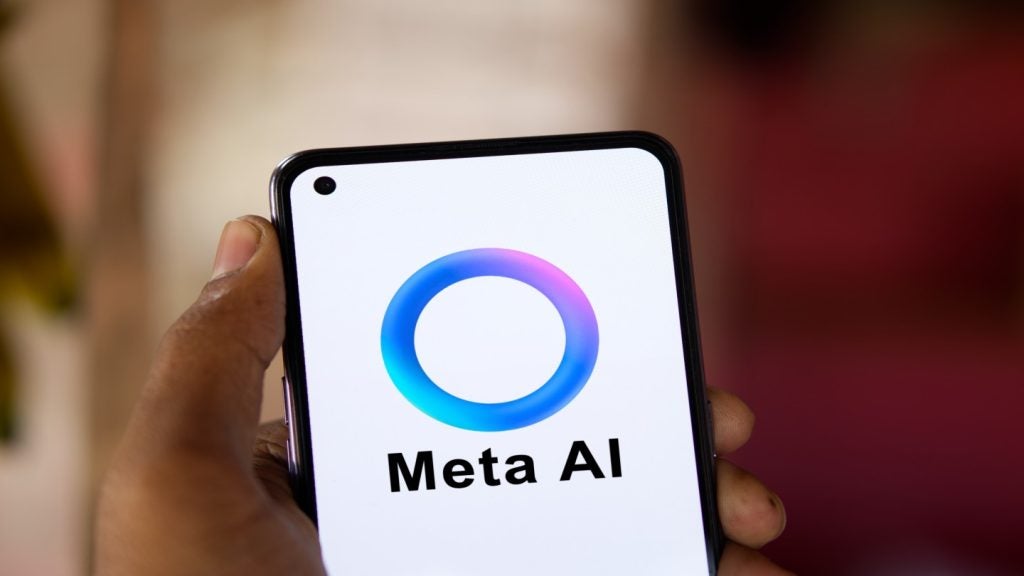
Social media platform Facebook is reportedly building a feature to hide ‘likes’ in a bid to discourage users from comparing the popularity of their posts with other users.
The news was discovered by Hong Kong-based tech blogger and app researcher Jane Manchun Wong, who also revealed that sister platform Instagram was trialling a so-called ‘hide’ feature earlier this year.
“I observed that Facebook has recently begun prototyping this hidden like/reaction count feature in their Android app by reverse-engineering the app and playing with the code underneath,” said Wang.
“The fact that Instagram initially tested their hidden like counts feature in Canada, and then subsequently in more regions around the world, and then now Facebook is working on it too, indicates [that] Facebook/Instagram have confidence the pros of hiding like counts outweigh the cons.”
Last week, it was revealed that the ‘like’ button, along with push notifications, is considered one of the most toxic elements of social media, according to a study commissioned by the Royal Society for Public Health.
“By hiding the like/reaction counts from anyone other than the post creator, users might feel less anxious about the perceived popularity of their content. Studies have shown that social media use may influence mental health, including leading to depression and anxiety,” Wong continued.
How well do you really know your competitors?
Access the most comprehensive Company Profiles on the market, powered by GlobalData. Save hours of research. Gain competitive edge.

Thank you!
Your download email will arrive shortly
Not ready to buy yet? Download a free sample
We are confident about the unique quality of our Company Profiles. However, we want you to make the most beneficial decision for your business, so we offer a free sample that you can download by submitting the below form
By GlobalData“It takes time to develop, observe, research and release experimental features like this. Experimental features could come and go. But I am certain [that] hiding the public like counts will be beneficial to the digital wellbeing of a large chunk of users.”
In the wake of Facebook’s privacy scandal
The news comes as Facebook continues its efforts to recover from the Cambridge Analytica privacy scandal last year, which saw the unauthorised collection and use of personal data of millions of Facebook users for political advertising purposes.
In July this year, Facebook was then ordered by the US Federal Trade Commission to cough up $5bn in fines. This was the largest fine ever enforced on the grounds of infringing consumer privacy.
Facebook was also ordered to form an independent privacy committee, without the interference of chief executive Mark Zuckerberg.
Since then, the platform launched the ‘Privacy is Personal’ ad campaign to improve UK user awareness of its privacy features. This campaign has also seen the company host pop-up cafes where users can get a “privacy check-up”.
Can the Facebook ‘hide likes’ feature help regain public trust?
But are Facebook’s latest efforts to tackle user post anxiety a continuation of this mission to regain public trust?
“Most of the tools or changes that Facebook have introduced over the past 12 months do feel like an attempt at ‘redemption’ to regain public trust after the data scandals and the influx of fake news. But it’s probably too little too late for many,” said Nick Munday, digital marketing specialist at UK digital marketing agency atom42.
“Since Facebook owns Instagram, it may have seen positive results from testing the removal of ‘likes’ there so far, hence rolling it out on Facebook.”
However, Munday has his doubts about the effectiveness of the move.
“In my opinion it’d be more beneficial on Instagram, which has a younger user base than Facebook, to combat young people chasing vanity metrics that can cause mental health/confidence issues,” he said.
“They’ve definitely stepped up their game in regards to improving the health of the platform and being more transparent, which is a good thing. Recently they’ve explained how people can customise their privacy settings and introduced a ‘clear history’ tool.”
But not everyone sees the plans as part of Facebook’s wider privacy efforts.
“To be honest, I don’t believe these tests by Instagram and Facebook are related to privacy issues or transparency. Instagram and Facebook share the same targets; they are trying to both increase the number of posts from people that we care about and the engagement of each post,” said Toni Hopponen, CEO and founder of social media engagement company Flocker.
“Would users feel more comfortable posting new content and do it more often if the number of likes isn’t visible? In theory, hiding the number of likes from a post will decrease the total number of likes. But on the other hand, increasing the volume of posts from people we care about will increase the overall engagement and keep users engaged with the app longer. The longer and more often users visit the app, the higher the revenues.
“Due to a high number of users globally, Facebook and Instagram can restrict the tests to specific geographic areas and decide based on the data if the changes lead to a longer time spent, more frequent visits by the users and higher number of posts.”
A challenge for brands?
There is also the matter of how hiding likes may impact brands that use the platform.
“For brands, this might have a negative impact on their content that performs well, because users won’t be able to instantly see the positive reaction (likes) on a post, so could choose to scroll past,” said Munday.
“One of the other questions around this is how it will affect influencers, who have to show impressive engagement metrics to make them attractive to advertisers.
“You do get the sense that some of these steps may never have been taken had Facebook not been caught in the Cambridge Analytica scandal.”
Read more: Facebook FTC fine: “Zuckerberg might need to resume his apology tour”







